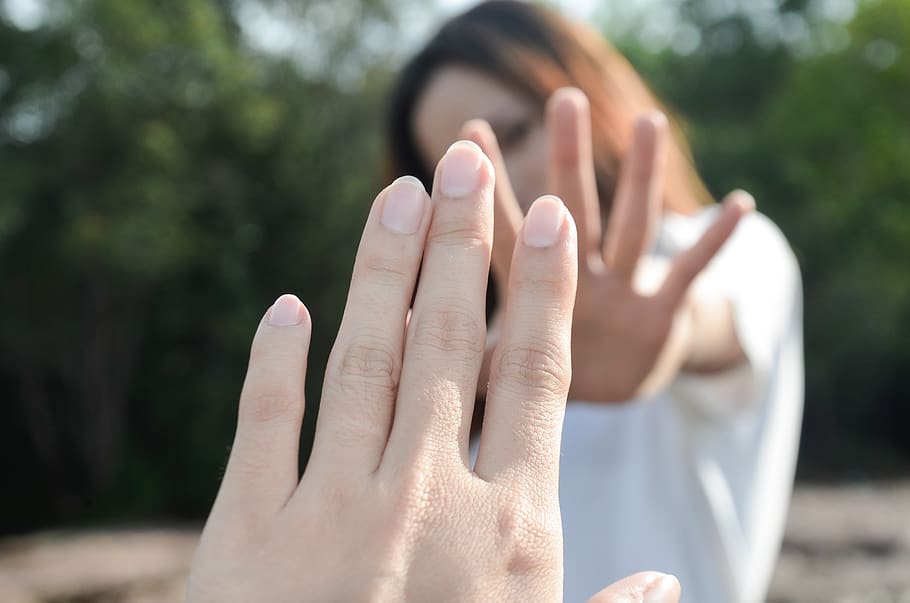Have you ever wondered why you are the way you are when it comes to relationships? Perhaps you’ve noticed a pattern when it comes to your dating life, and you’re starting to feel like there has to be something more to it. What you’re curious about is probably what attachment style you have in a relationship.
That’s why we’re here to give you some clarity by offering advice on how to identify your attachment style in relationships. Take a break from looking up movers in Huntsville, and let’s get into it.

Image source: Pxfuel
What are Attachment Styles?
Everyone has a style when it comes to how they think, behave, and feel in romantic relationships. Psychologists call this someone’s attachment style, and it’s based on attachment theory which posits that we learn how to navigate and understand relationships through what we experienced in our childhood.
It’s important to understand your attachment style to build healthier and happier relationships, and hopefully learn how to change your attachment style if it’s not already a secure attachment style.
Secure Attachment
Secure attachment is the attachment style that everyone should try and aim for. This attachment is when you feel comfortable, safe, and confident in relationships, and it allows you to build healthy and sustainable relationships.
Signs of Secure Attachment
- Secure with yourself and others
- Trusting of others
- Comfortable being alone
- Able to control emotions
- High levels of confidence and self-worth
Avoidant Attachment
People who have avoidant attachment are fearful of committing in a relationship. They don’t want to rely on others for receiving love or care, which often results in sabotaging healthy relationships or avoiding relationships altogether.
Signs of Avoidant Attachment
- Frequently dating new people
- Issues committing to someone else
- Avoids any form of intimacy or deep connections
- Strong sense of independence and autonomy
Anxious Attachment
Anxious attachment styles are people who are worried about being rejected and have a massive fear of abandonment. This often results in them being clingy and relying on their partners for constant reassurance and validation about their role in their partner’s life.
Signs of Anxious Attachment
- Uncomfortable being alone
- Prone to jealousy
- Trust issues
- Unable to regulate emotions
- Feelings of inadequacy in relationships
- Major insecurities
- Highly sensitive
Disorganized Attachment
Disorganized attachment styles are somewhat of a blend between anxious attachment and avoidant attachment. People who have disorganized attachments are always on edge and seem to be inconsistent when it comes to their behaviors in a relationship. They’re a classic case of someone who is hot and cold.
Signs of Disorganized Attachment
- Highly anxious
- Trust issues
- Flighty nature
- Fearful of rejection
- Inability to cope in healthy ways
- Unpredictable behavior
